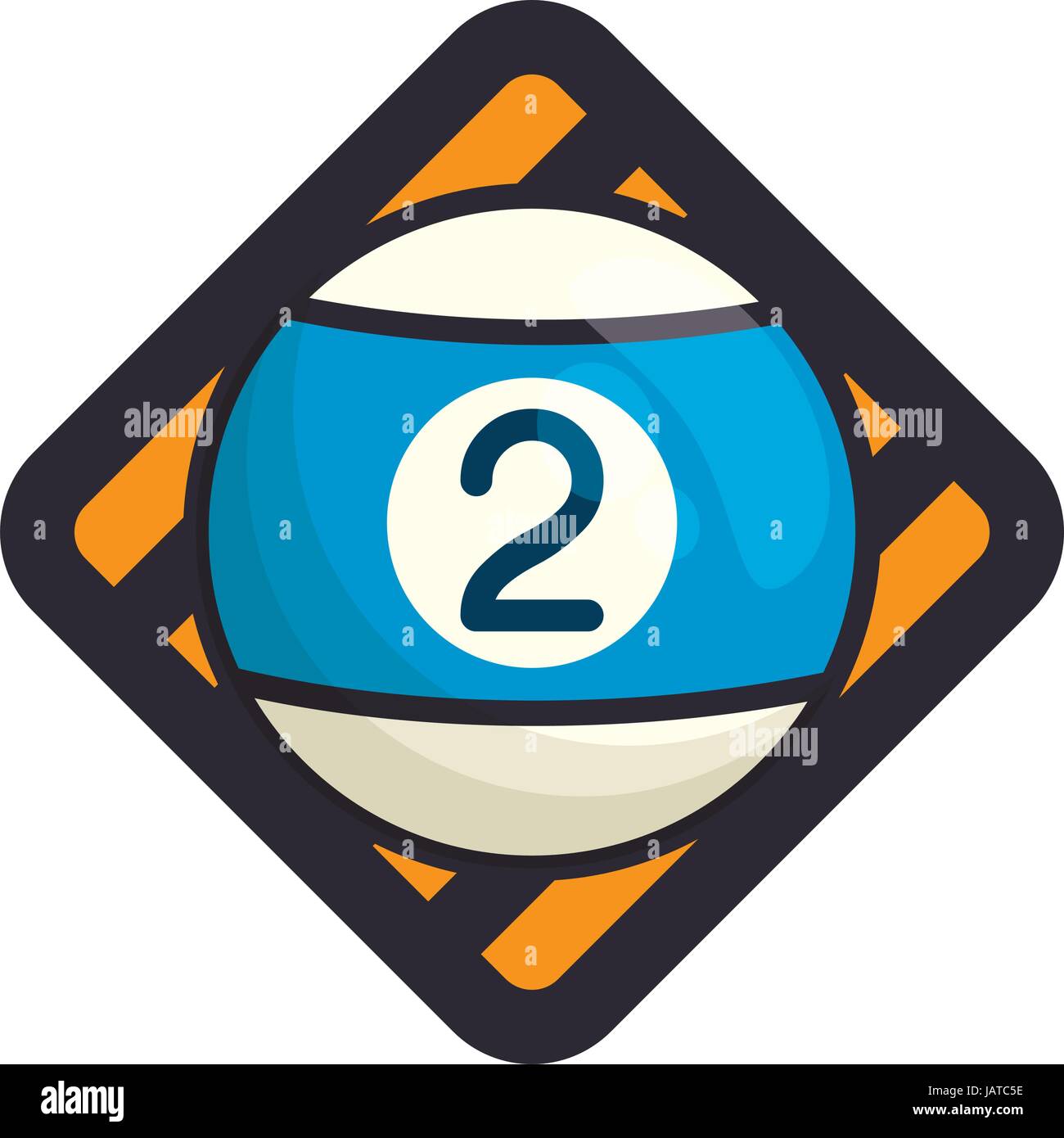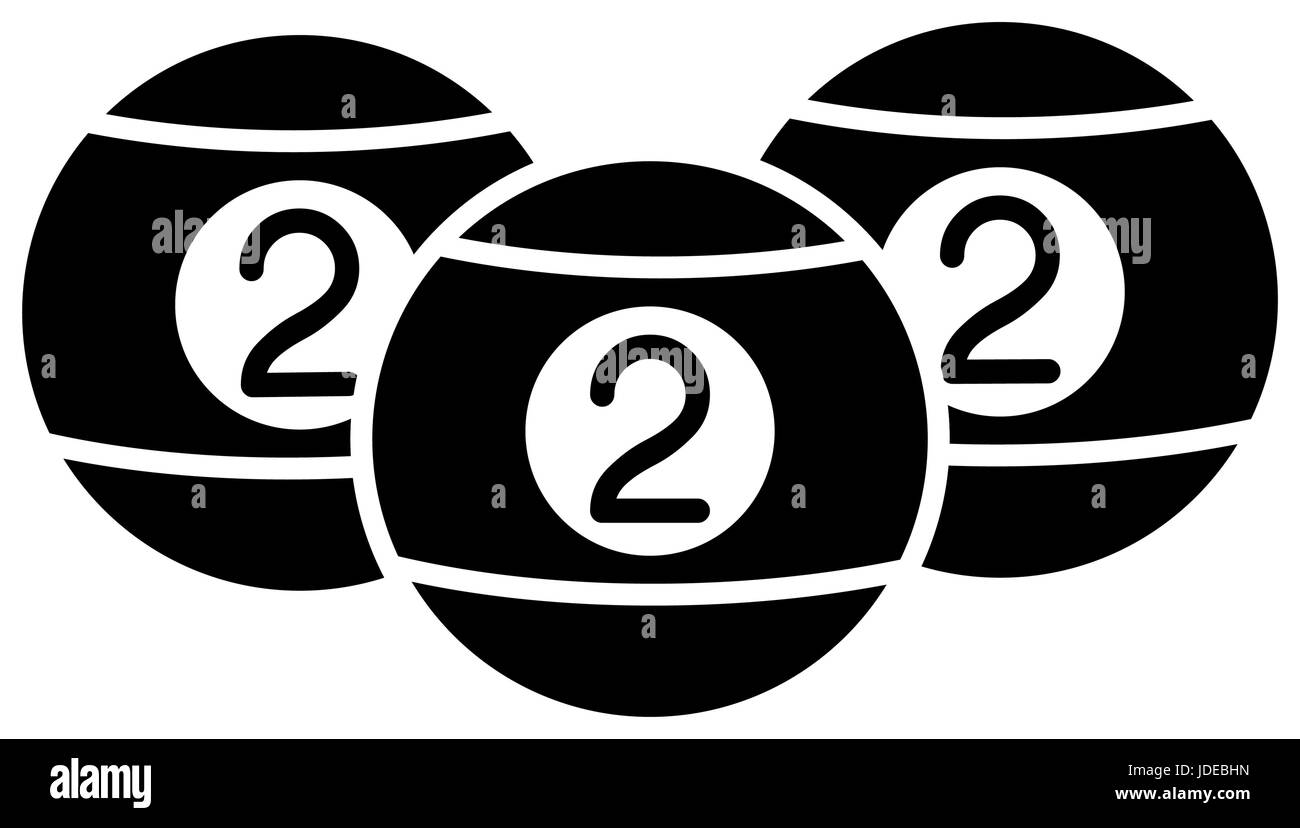Ever wondered if pool is a sport or just another fun game to play with friends? Well, buckle up because this debate is more heated than you think. People have been arguing about it for years, and the truth is, there’s no simple answer. But hey, let’s dive in and figure out what makes pool so special. Whether you’re a casual player or a serious competitor, this is one conversation you don’t want to miss!
Now, before we get into the nitty-gritty, let’s clear the air. Pool, also known as billiards, has been around for centuries. It’s not just some random pastime activity that popped up overnight. This game—or sport, depending on who you ask—has a rich history and a dedicated following. So, when someone asks, “Is pool a sport or a game?” you know it’s time to bring out the big guns and settle the score once and for all.
What makes pool so intriguing is how it blends skill, strategy, and even a bit of luck. Some folks see it as a laid-back way to hang out with friends, while others take it seriously enough to compete professionally. But here’s the kicker: both sides have valid points. So, let’s break it down and see where you stand in this epic debate.
Read also:Brooke Teague And Nathan Smith A Love Story Thatrsquos Got Everyone Talking
Understanding the Basics: What Exactly is Pool?
Before we dive deeper into whether pool is a sport or a game, let’s first understand what pool actually is. At its core, pool is a cue sport played on a table with pockets. Players use a cue stick to hit balls and try to sink them into the pockets. Simple, right? Well, not exactly. There’s a lot more to it than meets the eye.
There are different variations of pool, like 8-ball, 9-ball, and straight pool. Each variation comes with its own set of rules and challenges. For instance, in 8-ball, players aim to pocket all the balls in their group (solids or stripes) before sinking the 8-ball. In 9-ball, players must pocket the balls in numerical order. And straight pool? That’s a whole other beast where players can pocket any ball on the table for points.
The Great Debate: Is Pool a Sport?
Here’s where things get interesting. To determine if pool is a sport, we need to look at the definition of a sport. According to the dictionary, a sport is “an activity involving physical exertion and skill in which an individual or team competes against another or others for entertainment.” By that definition, pool ticks all the boxes.
Physical exertion? Check. Skill? Double check. Competition? Triple check. So, why do some people still argue that pool isn’t a sport? Well, it all comes down to perception. Many people associate sports with activities that involve running, jumping, or intense physical activity. Pool, on the other hand, is seen as more of a mental game.
Why Pool Qualifies as a Sport
Let’s break it down further. Here are a few reasons why pool can be considered a sport:
- Physical Skill: Playing pool requires precision and control. You need to have a steady hand, good aim, and proper body posture to execute shots effectively.
- Mental Toughness: Pool is as much a mental game as it is a physical one. Players need to think several steps ahead, anticipate their opponent’s moves, and stay focused under pressure.
- Competition: Professional pool players compete in tournaments all over the world, vying for titles and prize money. These competitions are just as intense as any other sport.
So, if pool meets all the criteria of a sport, why do some people still refuse to acknowledge it? That’s where the debate gets tricky.
Read also:5movierulz Kannada 2025 Your Ultimate Guide To The Latest Movie Mania
Is Pool Just a Game? The Other Side of the Argument
On the flip side, there are those who believe pool is just a game. They argue that it doesn’t involve the same level of physical exertion as traditional sports like basketball or soccer. Sure, you might break a sweat during a long match, but it’s not the same as running a marathon or lifting weights.
Another argument is that pool is often played in casual settings, like bars or rec rooms. This gives it a more relaxed vibe compared to the structured environment of most sports. Plus, many people see pool as a social activity rather than a competitive one.
Breaking Down the Myths
Let’s address some common misconceptions about pool:
- Myth #1: Pool is easy. Nope. While it might look simple, mastering pool takes years of practice and dedication. Even the pros admit that it’s one of the hardest cue sports to master.
- Myth #2: Pool isn’t physical. Wrong again. Playing pool requires a lot of physical coordination, especially when executing difficult shots. Plus, standing for hours on end can be exhausting.
- Myth #3: Pool is just for fun. Tell that to the professional players who compete for thousands—or even millions—of dollars in prize money. For them, pool is a serious business.
So, while some people might view pool as just a game, there’s no denying its competitive nature and the skill required to excel at it.
The History of Pool: A Game with Deep Roots
To truly understand whether pool is a sport or a game, we need to look at its history. Pool has been around for centuries, with its origins tracing back to outdoor lawn games like croquet. Over time, these games evolved into indoor table versions, eventually becoming what we know as pool today.
Throughout history, pool has been a favorite pastime of kings, presidents, and everyday people alike. It’s even been the subject of movies, songs, and books. From the iconic film “The Hustler” to the classic song “Billie Jean,” pool has left its mark on pop culture.
Key Moments in Pool History
Here are a few key moments in the history of pool:
- 14th Century: Pool’s ancestor, lawn billiards, is first played in France.
- 1800s: The modern pool table is invented, complete with pockets and cushions.
- 1961: The film “The Hustler” is released, bringing pool into the mainstream.
- 2000s: Professional pool tournaments gain popularity, with players competing for millions in prize money.
As you can see, pool has a rich and fascinating history that spans centuries. It’s not just some random game—it’s a beloved tradition that has stood the test of time.
The Science Behind Pool: Physics and Strategy
If you think pool is just about hitting balls into pockets, think again. There’s a whole science behind it that involves physics, geometry, and strategy. Players need to understand concepts like angles, spin, and momentum to execute successful shots.
For example, when you hit the cue ball with a certain amount of force and spin, it affects how the object ball moves. This requires players to calculate angles and predict outcomes, much like a chess player planning their next move.
Key Elements of Pool Strategy
Here are some key elements of pool strategy that players need to master:
- Positioning: Where you leave the cue ball after each shot can make or break your game.
- Defensive Play: Sometimes, the best move is to play defensively, making it harder for your opponent to sink their balls.
- Shot Selection: Knowing which shots to take and which to avoid is crucial for success.
So, while pool might seem simple on the surface, there’s a lot more going on beneath the surface. It’s a game of skill, strategy, and precision.
The Professional Side of Pool
If you’re still not convinced that pool is a sport, take a look at the professional side of things. Professional pool players train just as hard as athletes in other sports. They spend hours practicing their shots, honing their skills, and studying their opponents.
Professional pool tournaments are held all over the world, with players competing for millions in prize money. These tournaments are broadcast on TV and online, drawing huge audiences. Some of the biggest names in professional pool include Efren Reyes, Nick Varner, and Jeanette Lee.
The Professional Pool Circuit
Here’s a quick look at the professional pool circuit:
- World Pool-Billiard Association (WPA): The governing body for professional pool, responsible for organizing tournaments and setting rules.
- World Championships: The biggest event in the pool calendar, attracting top players from around the globe.
- Tour Tournaments: Smaller tournaments held throughout the year, giving players a chance to earn points and qualify for the world championships.
As you can see, professional pool is a serious business that requires dedication, skill, and hard work. It’s not just a game—it’s a career for many players.
Conclusion: Where Do You Stand?
So, is pool a sport or a game? The answer depends on your perspective. If you view it as a casual activity to enjoy with friends, then it’s definitely a game. But if you see it as a competitive activity that requires skill, strategy, and physical exertion, then it’s a sport.
What’s clear is that pool has something for everyone. Whether you’re a casual player or a serious competitor, there’s no denying its appeal. So, the next time someone asks you, “Is pool a sport or a game?” you’ll have plenty to say.
Now, it’s your turn. Do you think pool is a sport or a game? Let us know in the comments below, and don’t forget to share this article with your friends. And if you’re looking for more insights into the world of pool, check out our other articles on the site. Happy shooting!
Table of Contents
- Understanding the Basics: What Exactly is Pool?
- The Great Debate: Is Pool a Sport?
- Why Pool Qualifies as a Sport
- Is Pool Just a Game? The Other Side of the Argument
- Breaking Down the Myths
- The History of Pool: A Game with Deep Roots
- Key Moments in Pool History
- The Science Behind Pool: Physics and Strategy
- Key Elements of Pool Strategy
- The Professional Side of Pool
- The Professional Pool Circuit


